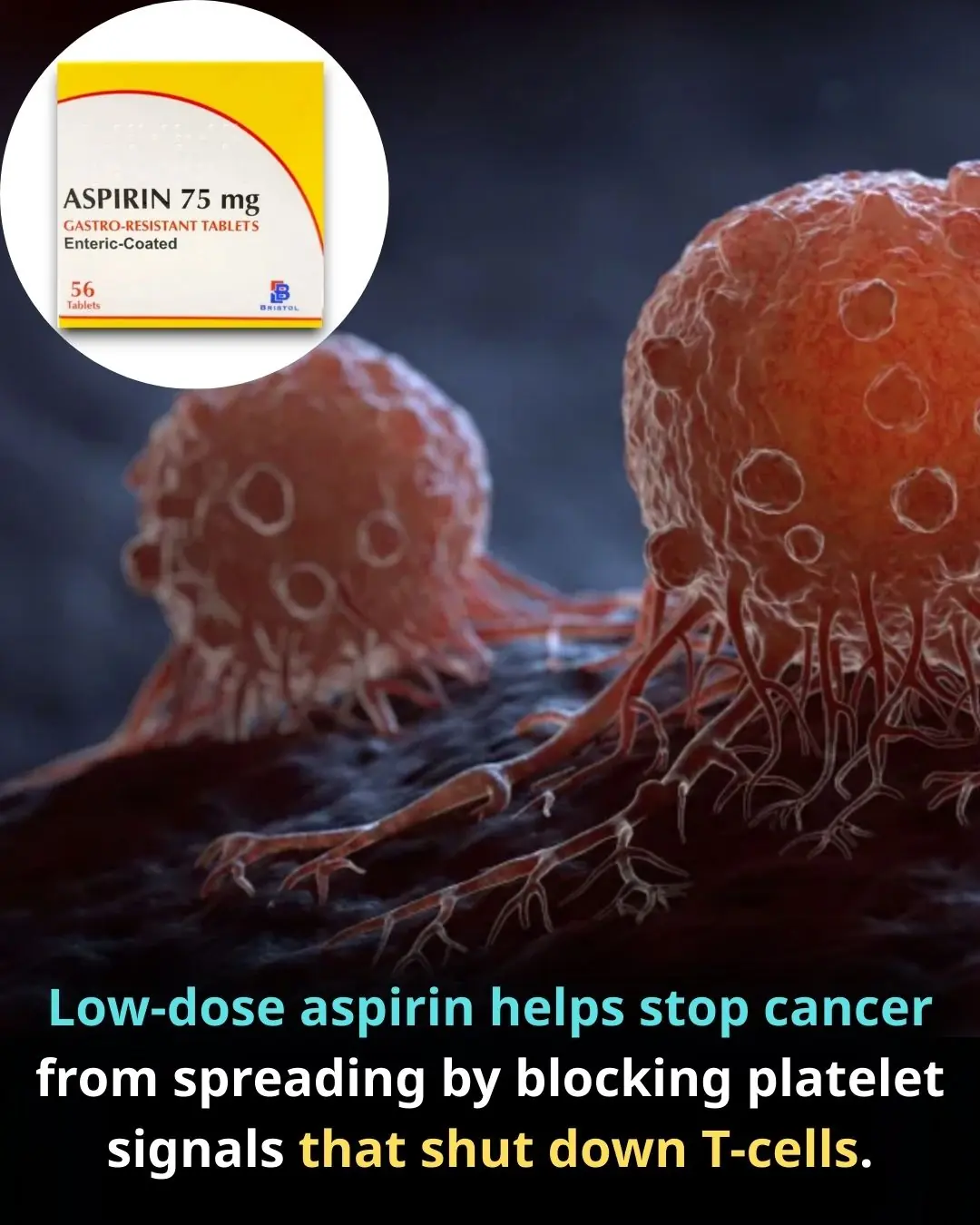
Dangerous orange plume engulfs planet, UNEP issues urgent report
Take a look at this NASA image. You can see that the planet is covered in a yellow-orange layer. That is methane.
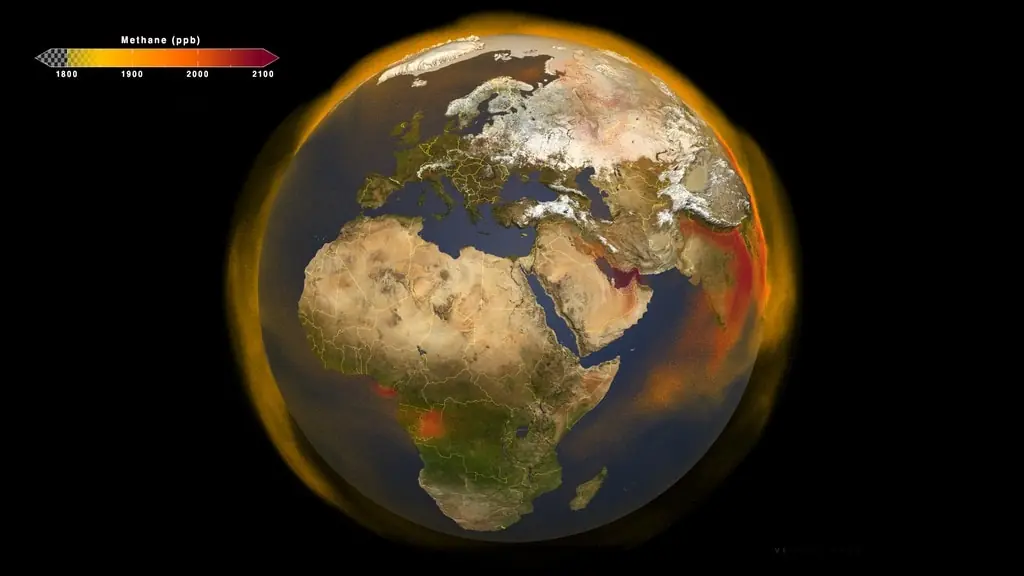
Knowing that, at room temperature and standard pressure, methane is colorless and odorless. But under satellite and continuous observation data of NASA, methane is everywhere, the orange color illustrates that alarm.
To talk about the worrying impact of this gas, the International Energy Agency (IEA) briefly informed: Methane is the main greenhouse gas causing climate change (causing storms, floods, and extreme weather), causing air pollution, negative impacts on human health and causing serious explosions.
Although invisible, the impact of methane is tangible. So, can governments act in time to save the planet from methane?
The 29th Conference of the Parties (COP29) of the United Nations Framework Convention on Climate Change in Baku, Azerbaijan, starting on November 11, 2024, is discussing this issue.
Most recently, within the framework of COP29, the United Nations Environment Programme (UNEP) has just released a report "An Eye on Methane", highlighting that governments are not doing enough to control methane emissions despite commitments. "An Eye on Methane" points out that only more than 1% of governments and companies are taking action to prevent methane leaks from around the world.
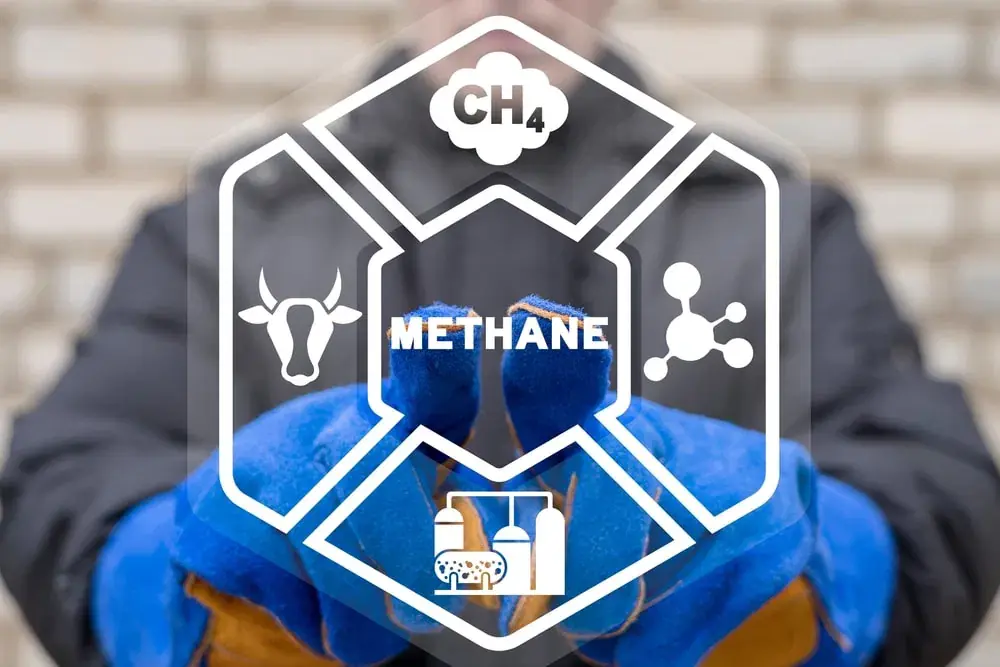
Over the past two years, the Methane Alert and Response System (MARS) has detected more than 1,200 notifications of large methane plumes globally. The system was launched by UNEP at COP27 (2022) in Egypt to provide satellite notifications of very large methane emissions. More than 150 countries, accounting for more than 50% of global human-caused methane emissions, have signed the Global Methane Commitment, launched at COP26 in November 2021 to push for action to reduce methane emissions by 30% by 2030. This target has the potential to reduce warming by at least 0.2°C by 2050.
"The atmosphere has about 2.5 times more methane than it did in pre-industrial times and emissions have increased in recent years. Methane emissions from human activities are responsible for about 30% of the increase in global temperatures since pre-industrial times," said Inger Andersen, Executive Director of UNEP, at a press conference during COP29.
Why does UNEP emphasize the importance of governments focusing more on reducing methane emissions? That’s because methane’s impact is much more persistent and powerful than CO2.
Methane’s alarming impact: Short but powerful
The International Energy Agency (IEA) reports that its latest Global Methane Budget (GMB) estimates annual global methane emissions at around 580 million tonnes. Of this, about 40% comes from natural sources (such as wetlands), with the remainder coming from human activities.
The energy sector — which includes oil, natural gas, coal, and bioenergy — accounts for more than a third of methane emissions from human activity. Bioenergy — mainly from the use of biomass — contributed another 10 million tonnes. The IEA notes that this level remains unchanged since 2019.
In 2023, the energy sector will emit nearly 130 million tonnes of methane – making it the second-largest emitter after agriculture.
Of the nearly 130 million tonnes of methane released into the atmosphere from fuel use, about 80 million tonnes will come from the top 10 emitting countries. The United States, the largest emitter of methane from oil and gas operations, tops the list, followed by Russia, according to IEA figures.
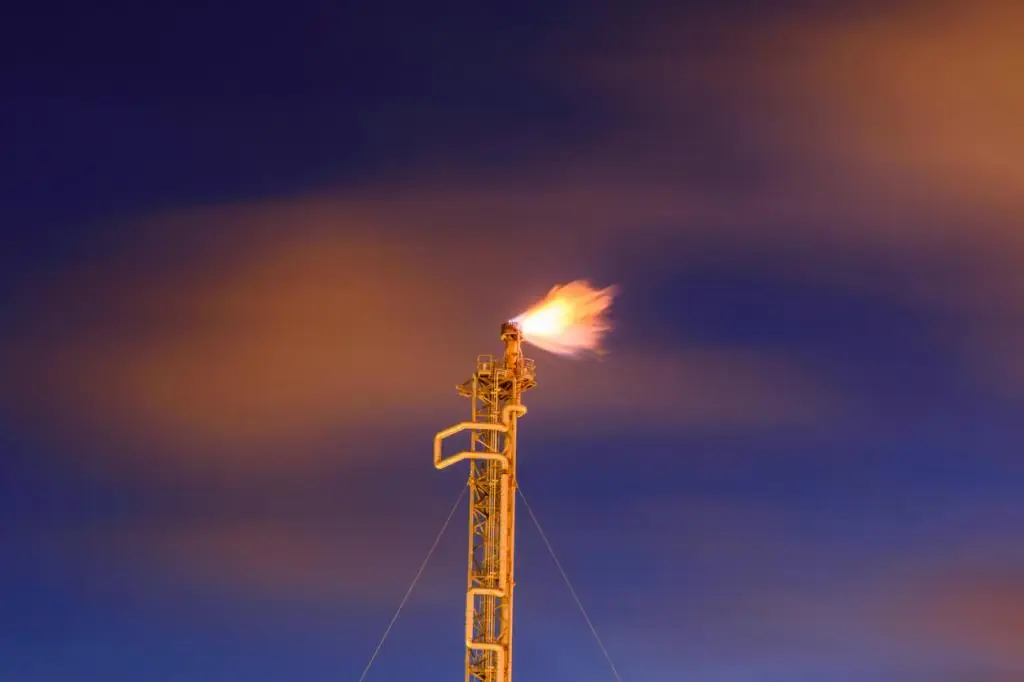
Satellite data shows that large methane emissions increased by more than 50% in 2023 compared to 2022. More than 5 million tonnes were found to be from major fossil fuel leaks around the world. This included a major well explosion in Kazakhstan that began on 9 June 2023 and lasted for more than 200 days.
Methane stays in the atmosphere for about 12 years, shorter than the centuries-long lifespan of carbon dioxide (CO2). However, it absorbs more energy during that time (a methane molecule traps more heat than a CO2 molecule), making it a potent greenhouse gas and a major contributor to climate change. This is why rapid and sustained reductions in methane emissions from the energy sector are crucial to keeping global warming to 1.5°C.
In addition, methane contributes to air pollution by forming ground-level ozone, which is harmful to health. Leaks also pose explosion risks and other safety concerns.
We can see that the impacts of methane emissions are felt directly on air quality, climate, and health. Therefore, cutting these harmful emissions is essential to improving both environmental and public health.
As the UNEP Executive Director has said, human-caused methane emissions are responsible for about 30% of the planet’s current warming. The science is clear: Reducing these emissions is the fastest and most cost-effective way to slow global warming in the near future – and is essential to preventing further climate damage.
The launch of “An Eye on Methane” at COP29 is seen as “just in time” as global efforts to address methane emissions must move from aspiration to action.
While methane has historically been difficult to detect and measure, technologies and systems to manage methane emissions are emerging (UNEP’s MARS uses advanced satellite technology and AI). Methane may be invisible, but it is not invisible—and there is no excuse for inaction.
Methane’s damaging impacts on global warming and human health have made it a top priority at this year’s COP29 summit. And as leaders have said, the time to act is NOW!
Methane emissions need to be cut by 75%
The world needs to cut fossil fuel methane emissions by 75% by 2030 to meet the Paris Climate Agreement target of limiting warming to 1.5°C.
The IEA estimates that this will require spending of around US$170 billion, which is less than 5% of the income the fossil fuel industry generated in 2023.
The agency also observed that fossil fuel methane emissions could fall by around 50% by 2030 if companies and countries implement all methane policies and commitments in a timely manner.
“Temperatures are rising rapidly and breaking records around the world. Working together for a liveable planet is more urgent than ever. Reducing methane emissions remains one of the fastest and most cost-effective ways to do this,” said Catherine Stewart, Canadian Ambassador for Climate Change.
A welcome sign is that the Global Methane Commitment (GMP) – launched by the European Union and the United States at COP26 – has called on an additional 156 countries by September 2024 to take voluntary actions to reduce global methane emissions by at least 30% below 2020 levels by 2030.
Achieving the GMP target would reduce methane emissions to levels consistent with a 1.5°C pathway, while delivering significant benefits to human and ecosystem health, food security and economies around the world.
News in the same category


Top 10 Magnesium-Rich Foods That Can Help Lower Blood Pressure Naturally

How to Reduce Uric Acid Crystals Naturally and Lower the Risk of Gout and Joint Pain

Why Do Women Cross Their Legs When Sitting

Clench Your Fist And Count The Palm Lines

You’re Doing It All Wrong: The Right Way to Store Winter Coats

I Found a Tiny Red Object With Metal Prongs in My Kitchen Drawer — Here’s What It Actually Is

8 Reasons Why Adding Baking Soda to Your Toilet Tank Is a Must-Try Trick

Quick Ways to Stop a Draft Under Your Front Door — While You Wait for the Handyman

Most People Will Go Their Entire Lives Without Knowing What the Decorative Bands on Bath Towels Really Mean

‘Black Diamond’ Apples Exist — A Rare Variety Only Found in China And Tibet
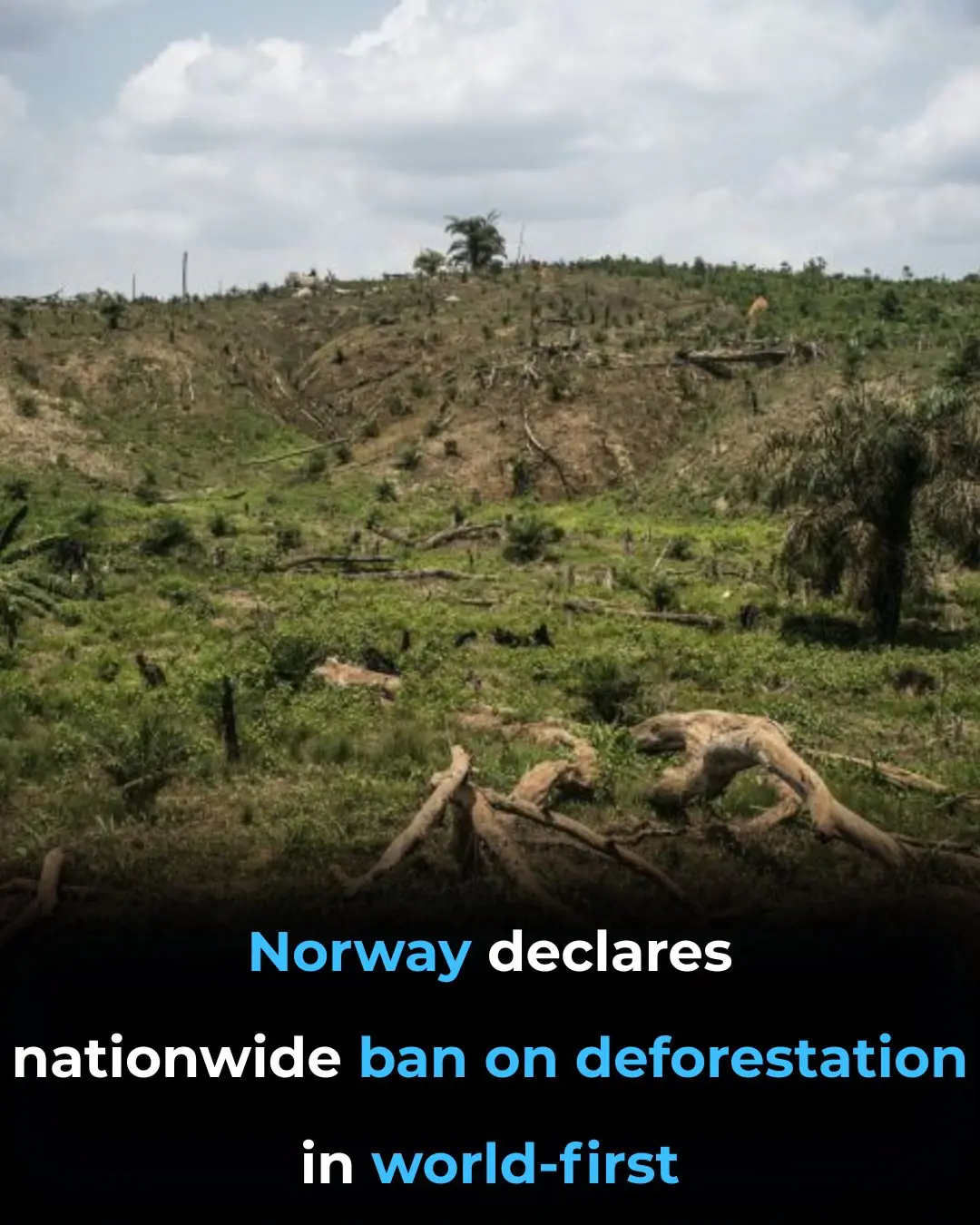
Norway Declares Nationwide Ban on Deforestation In World-First

Finally! People Are Getting Fined for Loud Speakerphone Calls in Public

Don’t Sleep With Your Pets

The Meaning of Having an Unmade Bed

People Who Should Avoid Eating Kohlrabi (Su Hào), Even If They Really Crave It

Dandelion: A “Superfood” Herb with Real Nutrients — What Science Says

Woman (26) Dies After Eating Hot Pot: 2 Things You Should Never Do Together When Enjoying Hot Pot

If the Body Is Developing Cancer, Three Nighttime Sleep Signs May Appear — But Many People Ignore Them
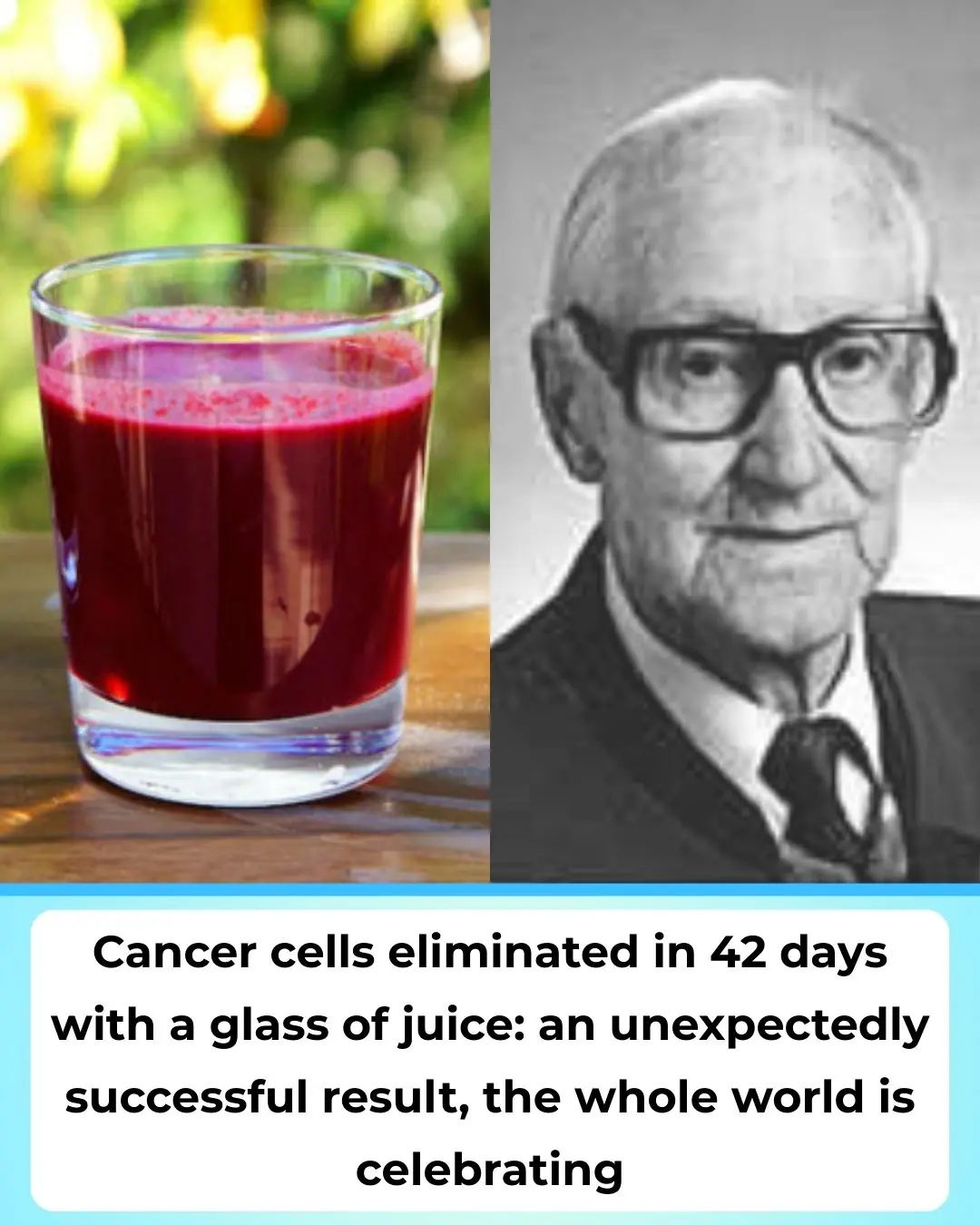
Claim: “Cancer Cells Eliminated in 42 Days with a Special Juice — Worldwide Celebration?”
News Post

Trick To Stop Mosquito Bite From Itching

Sudden Confusion or Trouble Speaking: When It’s More Than Just Fatigue

A Family of Four Diagnosed With Liver Cancer: Experts Identified the Cause the Moment They Entered the Kitchen

My nana says this works like a charm

Stop fighting with your eyeliner. 10 winter proof tricks seniors swear by

Did not know this

My scalp is red, itchy, and flaky — and my doctor can’t see me until after the holidays. What could this be?
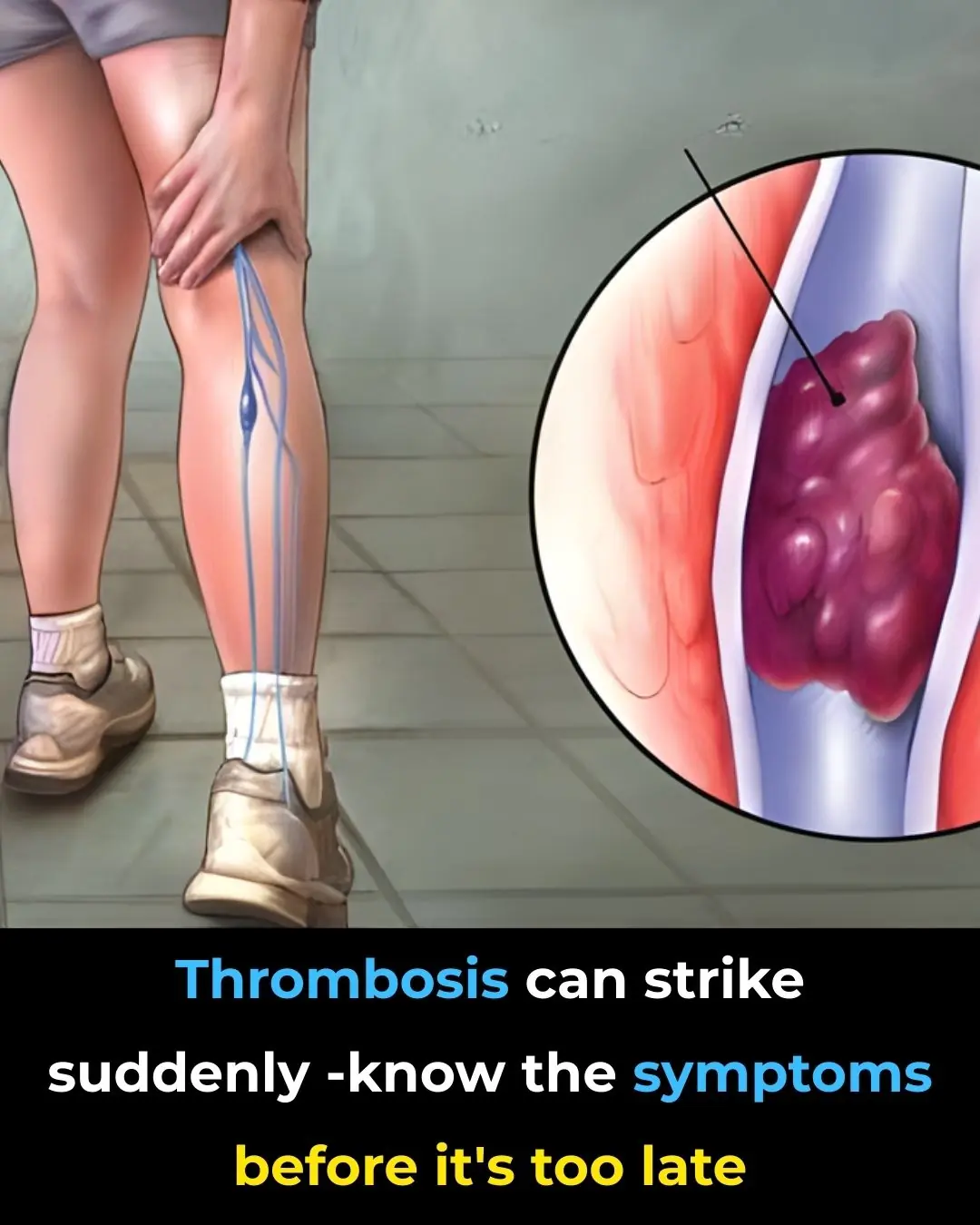
Deep Vein Thrombosis: A Silent Killer That You Need to Know

Pineapple: Proven Health Benefits, Calories, Juice Benefits
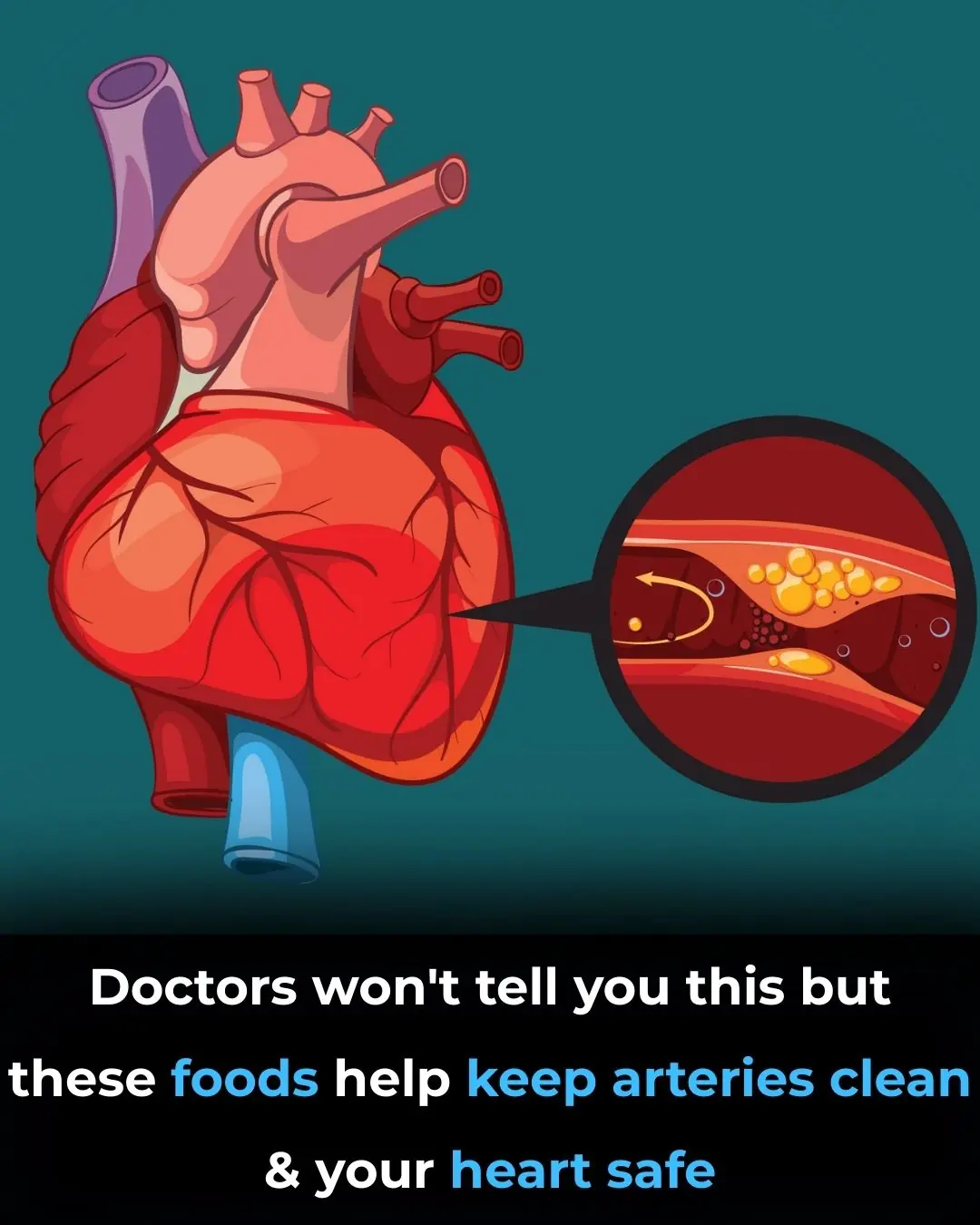
The Best Foods to Cleanse and Prevent Clogged Arteries

13 Warning Signs of High Blood Sugar and 9 Ways to Take Control of Your Health

Progress Fighting Pancreatic Cancer — One of the Deadliest Malignancies

Avoid This Drink to Reduce The Risk of Stroke and Heart Attack

Should We Eat Eggs With BL00D Spots
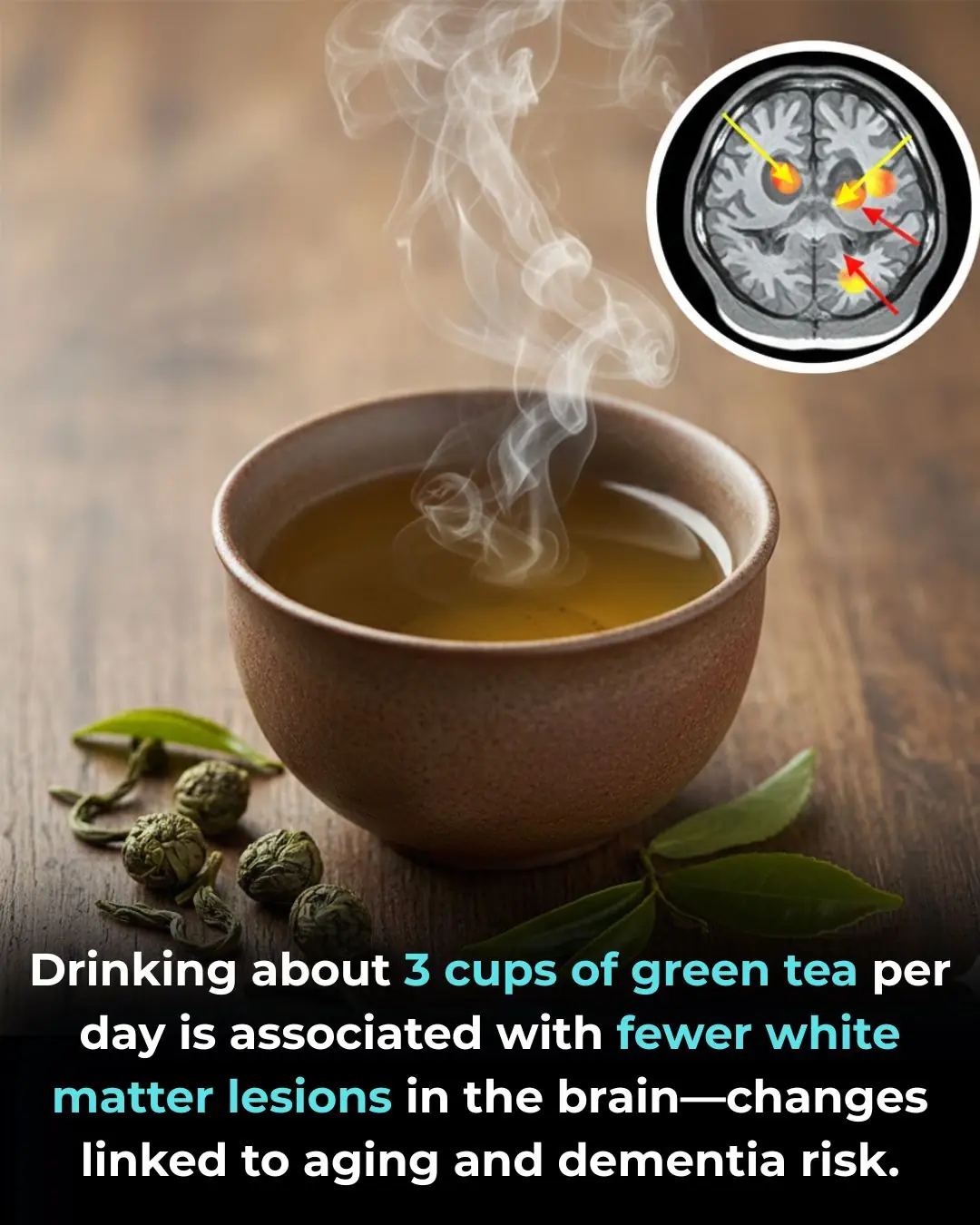
Drinking about 3 cups of green tea per day is associated with fewer white matter lesions in the brain—changes linked to aging and dementia risk

Magnesium Supplementation and Rapid Improvement in Major Depression
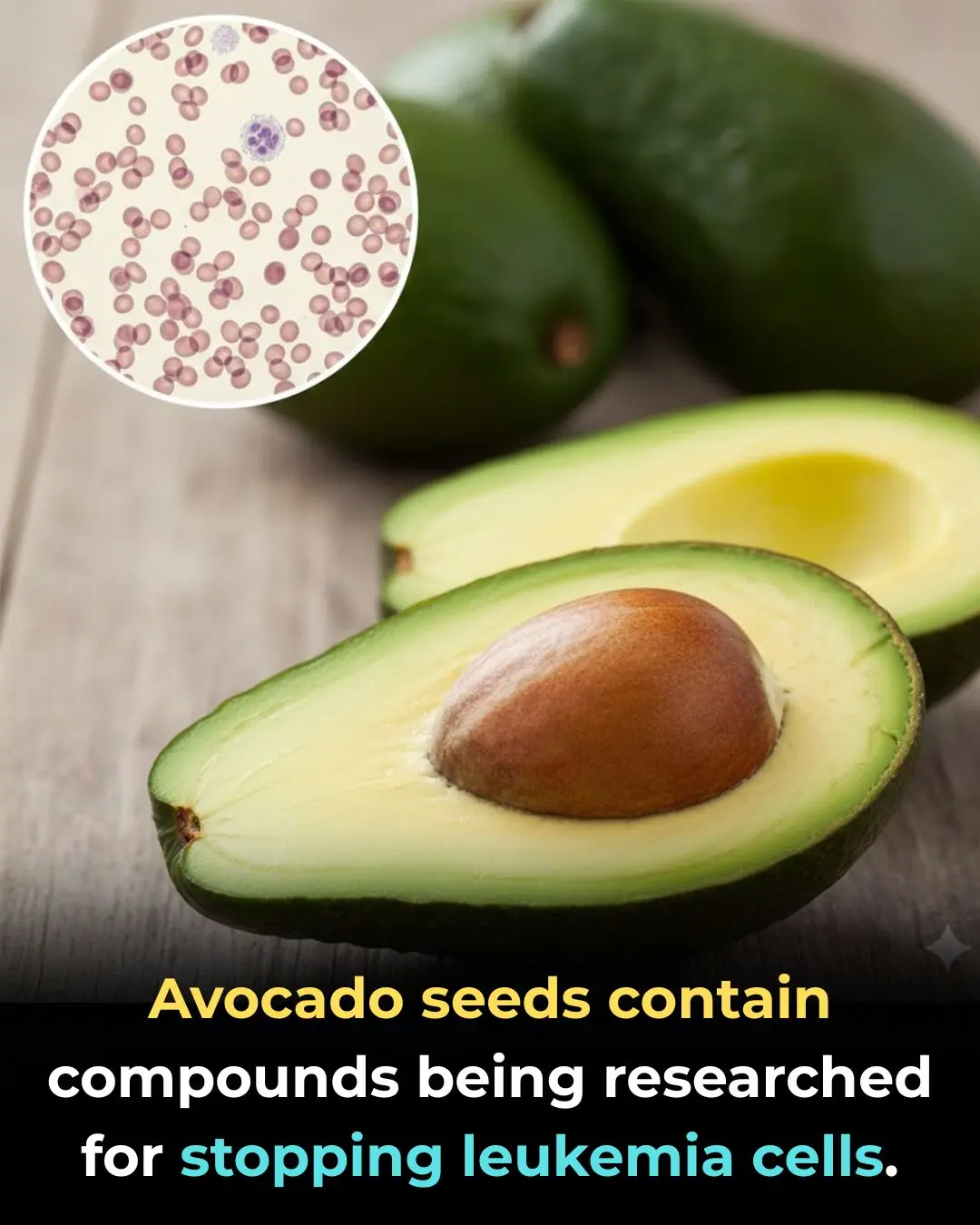
Targeting Fat Metabolism in Acute Myeloid Leukemia Stem Cells: The Therapeutic Potential of Avocadyne

High-Dose Thiamine and Fatigue Relief in Hashimoto’s Disease: Insights from a Case Series
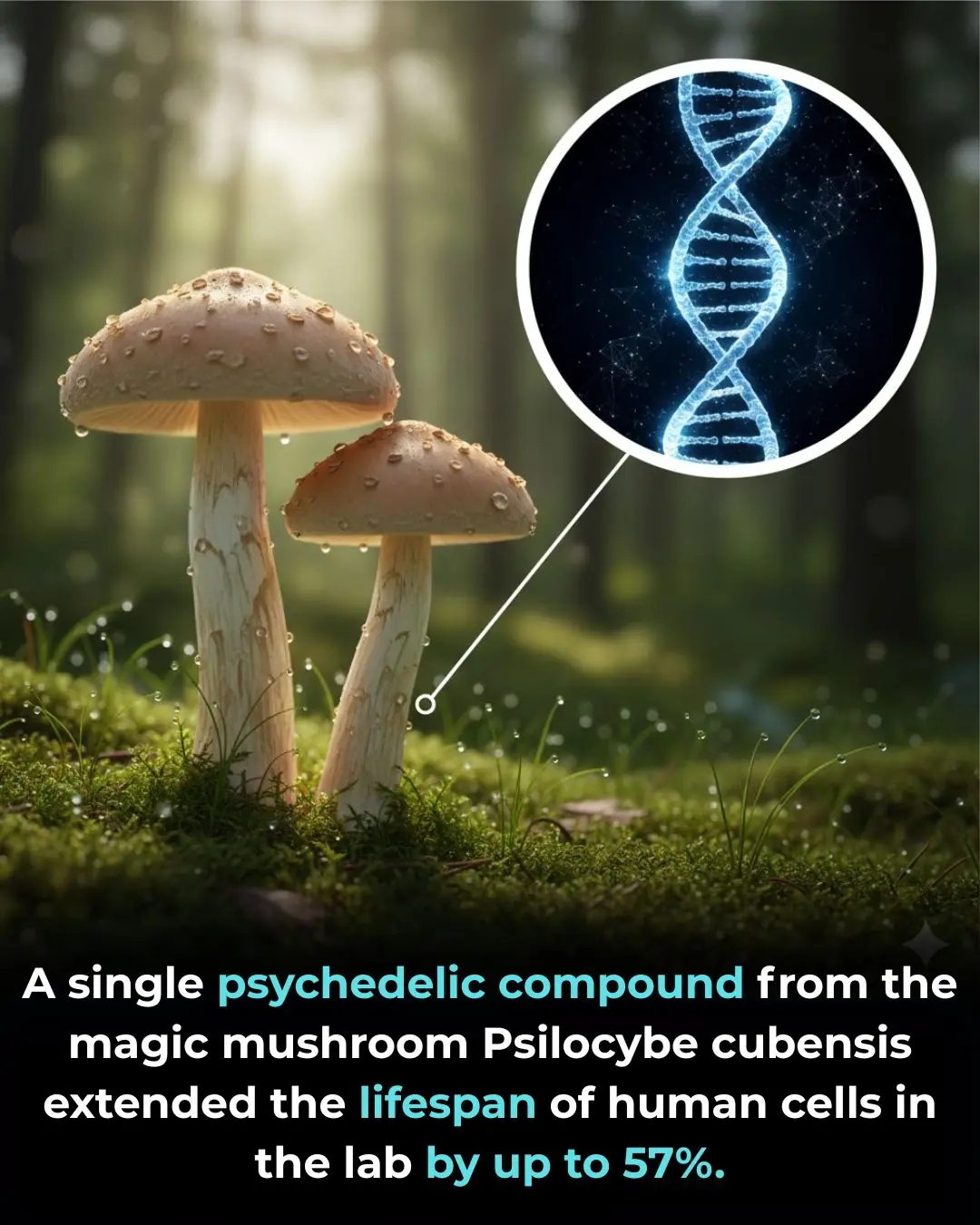
Psilocybin and the Biology of Aging: Emerging Experimental Evidence
